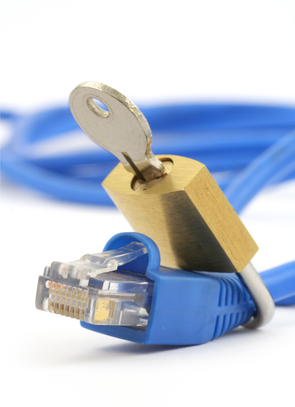Viruses and Malware are one of the most common problems experienced by computer users. Prevention is the only way to stay safe and keep your computer performing well. Getting malware is one of the most common risks of being connected to everyone else on the planet. Fortunately, there are some effective tips you can use to keep your computer from getting malware. These have been discussed below.
Get an Effective and Updated Antivirus Software
It is important to install an effective and updated antivirus software like Bitdefender Free Antivirus. (or, if paid products are your thing, you can try any of the other solutions offered by Bitdefender Antivirus) Most people consider themselves to be experts in computing. Therefore, people act casual and don’t use antivirus programs. However, this can be a very poor choice. You may not even know when someone loads a virus onto your computer and you have to waste your time reinstalling Windows.
Use a Better Browser
In the last few years, Microsoft has made some serious attempts to improve Internet Explorer. However, it still has a long way to go if it wants to compete with Mozilla Firefox or Google Chrome. Both Firefox and Chrome have some limited detection of malware. This can help you block certain websites which may have malicious code. Although it’s not perfect, it gives you some extra protection without spending any additional amount.
Check Your URLs
Most malware writers use a common technique to infect your computer. It is called phishing. Malware writers send a link to your email. This link takes you to a site that looks exactly like the webpage of your credit card company or bank. From this webpage, malware writers try to persuade you to login or even download software.
If you follow the steps mentioned on the website, you may risk losing your financial and confidential information. Therefore, it is important not to click any links and directly visit websites with URLs. In fact, it is even better to call your bank and manage everything over the phone. When you’re in doubt, you should never click any links.
Take Care while Clicking Anything
This needs to be followed with the previous step mentioned in the post. You always need to have a clear idea about what you’re clicking. Although you might be very curious and excited to see some relevant or interesting piece of information, you should resist the temptation if the link is not from a trustworthy website. If you click malicious links, you won’t even know when windows start popping up and you have a hard time getting back to whatever you were doing.
Act Smart
Most importantly, you need to act smart. Besides using a good antivirus software, you also need to know when things are too good to be true. Most websites promising free stuff can cause malware problems. Moreover, if you’re downloading pirated media, it is likely that you may download malware or viruses. Similarly, if something is asking you to suddenly install something, there’s no need to click it. Last but not the least, you should not share your passwords with anyone.
If you keep following these steps, you will be able to reduce any risks related to malware and viruses. These 5 tips are quite effective to keep you from getting malware.

